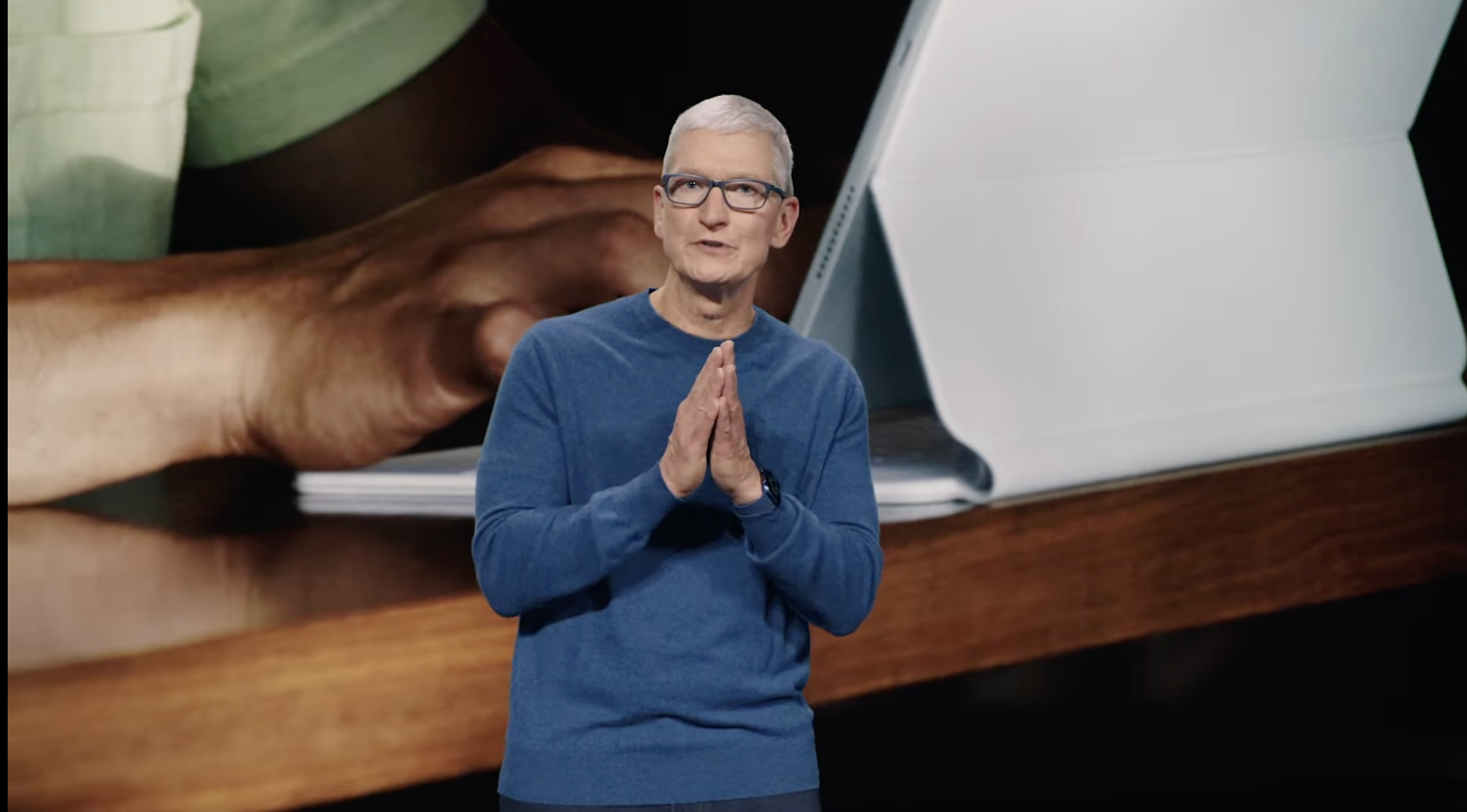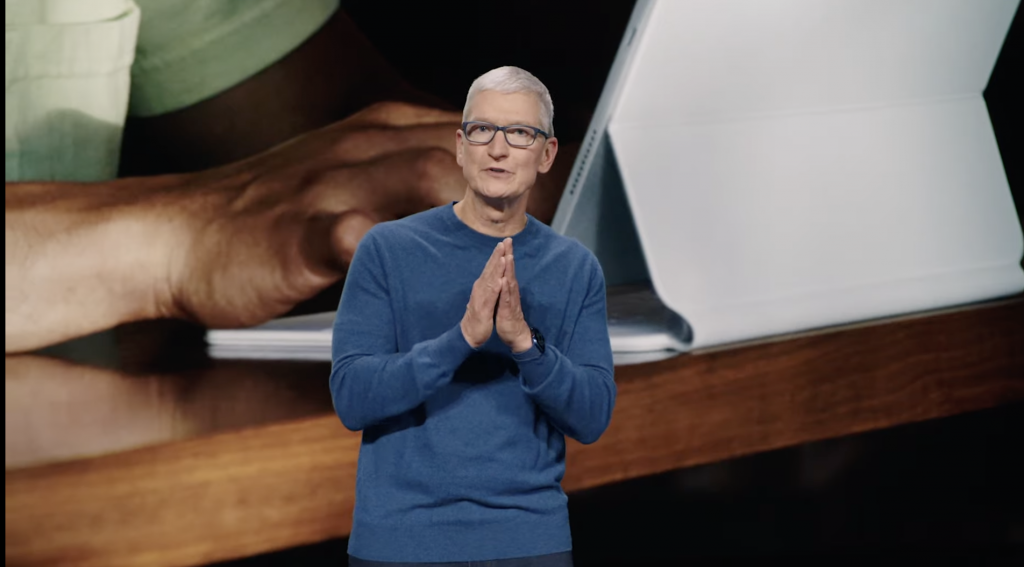
Apple
- Apple is researching whether data from its iPhone could help detect depression, the WSJ reported.
- Scientists are studying sleep and typing data to try to detect patterns linked to health conditions, per the report.
- The project is early stage and may not lead to new features, sources said.
- See more stories on Insider's business page.
Apple wants to know whether its devices could help detect depression early, according to a report from The Wall Street Journal.
It is working with scientists to study if data its devices collect, such as sleep patterns and typing behavior, maps onto certain mental-health conditions or cognitive decline, The Journal reported, citing internal Apple documents and interviews with unnamed people familiar with the matter.
The hope is that if data gathered from Apple devices, such as the iPhone, correlates with a health condition, Apple could develop an app or feature that could warn people that they are at risk so they can seek care, The Journal reported, citing the documents and sources.
The research is part of Apple's partnerships with US biotech Biogen and the University of California, Los Angeles (UCLA), which were announced earlier this year, The Journal reported. Apple's research with Biogen is focused on cognitive decline and its research with UCLA is focused on stress, anxiety, and depression.
The UCLA researchers will use the iPhone's video camera, keyboard, and audio sensors, as well as the Apple Watch, to collect data, The Journal reported. This could include how users speak, how often and how fast they walk, their heart and breathing rates, their sleep patterns, and more, The Journal reported, citing documents and its sources. Researchers may also measure typing speed and the frequency of typos, per the report.
At the same time, users will fill out questionnaires about how they feel, and researchers will collect hair samples to measure levels of cortisol, the stress hormone, The Journal reported. The researchers hope that the information will provide insights into the user's emotions, concentration, energy level, and state of mind, the sources told The Journal.
Biogen and Apple will track cognitive function over time using the iPhone and Apple Watch data in a similar way to the UCLA researchers, and will compare data against traditional cognitive assessment tests and brain scans, The Journal reported, citing the documents and sources. The Biogen study is set to last two years and follow about 20,000 people, The Journal reported.
"Seabreeze" is Apple's code name for the UCLA project and "Pi" is the code name for the Biogen project, according to the people and documents, The Journal reported.
The first Apple-Biogen trials launched Monday, according to The Journal. Biogen pointed Insider to a news release from January, which detailed its collaboration with Apple.
Separately, the company has a third undisclosed partnership with Duke University focused on detecting childhood autism, a neurodevelopmental condition, The Journal reported, citing the same documents and people. The research uses the iPhone camera to observe how kids focus and move, per the report.
Apple, UCLA and Duke did not immediately respond to Insider's request for comment, and representatives from Apple, and UCLA declined to comment to The Journal.
Ethical considerations
Usually, depression is diagnosed by a physician based on symptoms, a physical examination, past medical history, and standardized questionnaires.
The Apple device hasn't before been used to detect health conditions in this way, and even if the technology did work, there are ethical questions about detecting mental health conditions without professional support. Privacy will be another factor. Apple's algorithms wouldn't send data to Apple servers, The Journal reported, citing the documents.
Apple's research is in its early stages and may never lead to new iPhone features, the anonymous sources said, per The Journal.

